Firearms licensing – what change will a new government in Westminster make?
Just a month after the General Election and the subsequent change of government, it's becoming evident that there will likely be alterations to firearms licensing costs. This is in line with the commitments made in the Labour Party manifesto.
Firearms licensing fees were last increased some eight years ago and are, realistically, due to rise. The Home Office did some work last year on raising the fees, and SACS was part of the group of shooting organisations that took part in the work. Recently, the police, understandably from their perspective, were keen to move to full cost recovery. If you were negotiating from their perspective, it is an obvious route.
The shooting organisations are resolute in their position: Provide a consistent qualitative service at a reasonable cost, and the Home Office would likely get support for a reasonable increase.
This does not sit well with the police, who seem unable to accept that the performance of a significant portion of the 43 English and Welsh forces is simply unacceptable. Don’t get me wrong; some are very good and provide excellent service, but many don’t. We know of one Welsh force that takes about two years, at least, to grant a certificate. We know of another English force that cannot provide a service and resolutely refuses to listen to reason or understand its powers and the primary legislation. Consistently, amongst the underperforming forces we deal with, there seems to be a system of denial concerning service provision.
We have great sympathy for staff in firearms licensing departments. The departments are often understaffed, and the pressures are significant. They make important decisions every day, and should they make a mistake, then the 9 o’clock critics appear in force. In the event of a significant event, Chief Constables seem to forget that they are responsible for providing a statutory duty set out in legislation and guidance issued by the NPCC.
Whilst work will likely pick up pace now with the new Ministerial drive, there are several ways to make the licensing system more efficient.
Here are just a couple.
Remove sound moderators from certification as soon as possible. No one has been killed with a sound moderator alone. They are essential to health and safety considerations when using rifles. Removing sound moderators will eliminate thousands of variations that need to be processed. Previously, Ministers generally accepted this as sensible. We hope the new Home Secretary agrees.
Section 28A (1) of the Firearms Act 1968 relates to certificates lasting for five years. The change from a three-year to a five-year certificate length occurred during the late 1980s and led to three years when certificate renewals are high and two quieter years. Consequently, the demand on forces varies, making it challenging to balance their resources over the five years. Demand will outstrip resources for three years, and for two years, resources outstrip demand.
When the planning occurred for the introduction of air weapons licensing in Scotland, it was agreed that there needed to be a requirement for a process of smoothing to avoid a five-yearly spike. The legislation allowed for variable-length certificates for the first issue only, when the certificates would then be five-yearly. The charge was pro rata for the length, and, unsurprisingly, the smoothing element worked as planned. So there is precedent, and if Section 28A was amended to allow for the variability of certificates for a single cycle only, the demand could be smoothed. The police could then plan for sufficient resourcing for a constant demand profile, reducing their costs and improving the quality of service to certificate holders.
We know that a couple of forces in England tried this a few years ago. However, the legislation effectively made it illegal to impose the change, so the system was voluntary. This needs to be addressed.
As you are likely aware, there is a general consensus between the Home Office, the police and the shooting organisations that 10-year certificates would be good. Given the replacement of the E&W ICT system, NFLMS is on the cards and the pressure on public resources, surely it would make sense to look at varying Section 28A now, given that it would assist in the move towards 10-year certificates, whenever the police indicate that they are confident that the systems proposed would work.
In short, change is coming. However, it is essential that the Home Secretary and the Home Office listen with open ears to all the parties involved in the forthcoming discussions and not slavishly follow the suggestions of the representatives of the policing organisations in England and Wales who think they are always right…….

